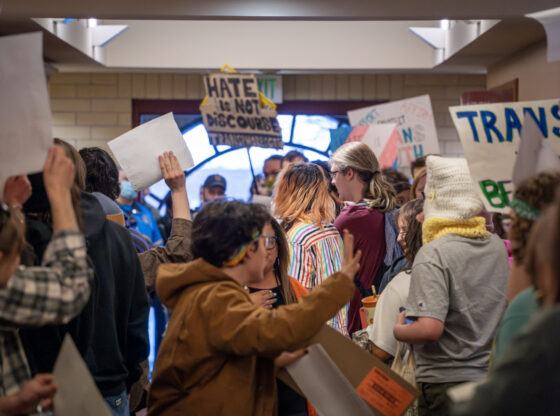As New York City continues to combat the ongoing COVID-19 pandemic, the Board of Health has added racism to its list of public health crises it must address.
The NYC Health Department partnered with New York state agencies to issue a call to action to acknowledge racism as a public health crisis which impacts COVID-19 efforts.
The COVID-19 pandemic has further widened existing racial disparities in the U.S. healthcare system. A recent study found that excess deaths caused by COVID-19 throughout 2020 disproportionately impacted Black, American Indian/Alaska Native and Latino populations.
For many, the resolution is a necessary acknowledgement and an important first step in beginning to rebuild from the pandemic in a fair and effective way.
“We’ve seen for years the negative impact racism has in our public health data and today, we’re recommitting ourselves to building a more equitable city,” said First Deputy Commissioner and Chief Equity Officer Dr. Torian Easterling.
The resolution states that “Black, Indigenous, and People of Color (BIPOC) New Yorkers have suffered from disproportionately high rates of COVID-19 infection and death, including a disproportionate drop in life expectancy” and “inequitably low rates of COVID-19 vaccination.”
In addition to acknowledging how systemic racism has exacerbated the impact of COVID-19 on BIPOC New Yorkers, the resolution calls for the NYC Health Department to “research, clarify and acknowledge examples of its historic role in divesting and underinvesting in critical community-led health programs” and actively work to reconcile with impacted communities. Furthermore, the department’s Board of Health calls for city agencies to investigate how racism has affected and shaped policies that impact health outcomes.
This resolution comes in response to the historic inequities within the healthcare system across the U.S. The CDC has reported, “Race and ethnicity are risk markers for other underlying conditions that affect health, including socioeconomic status, access to health care, and exposure to the virus related to occupation, e.g., frontline, essential, and critical infrastructure workers.” These markers lead to discrepancies in the treatment of COVID-19.
Many New York City officials applaud the effort made by the Board of Health.
“[The resolution] will be a tremendous step forward in our fight for health equity,” Bronx Borough President Ruben Diaz Jr. said.
New York City is the most recent major city in the United States to recognize racism as a public health crisis. Denver’s Board of Public Health and Environment made a similar declaration in August of 2020. Across the country, public health officials are beginning to investigate how structural racism has historically, and continues to, disproportionately impact certain communities in an effort to create a more equitable healthcare system.











